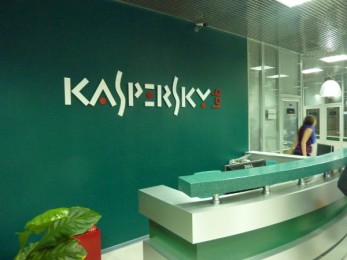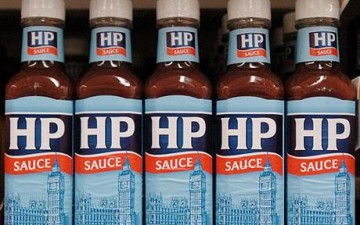A fter a few years as a private company, the tin box shifter Dell’s return to the stock market has been looked at with some interest.
fter a few years as a private company, the tin box shifter Dell’s return to the stock market has been looked at with some interest.
Dell Technologies celebrated a strong return to publicly listed life with its fourth quarter and fiscal year results.
The tech titan reported a 15 percent increase in overall turnover for its fiscal 2019 to $90.6 billion with its fourth quarter results – the first reported since it returned to the stock market. Dell said that this was a nine percent year on year increase to $23.8 billion.
Revenues for the company’s infrastructure solutions group – a combination of its storage, servers and networking businesses – saw a 10 percent year-on-year increase to $9.9 billion in the fourth quarter.
Servers and networking made up $5.3 billion and saw a 14 percent year-on-year increase. Storage saw a seven percent year on year rise to $4.6 billion revenue.
Servers and networking saw a 28 percent rise in revenue to $20 billion, with networking rising nine per cent to $16.7 billion.
Full year revenue in the infrastructure solutions group was even more positive, hitting $36.7 billion.
Jeff Clarke, treasurer at Dell Technologies, told analysts on an earnings call that the company plans to consolidate in the server market, in order to capture more share.
“We think when you look at this big $85 billion opportunity – two thirds of it being in mainstream servers – our share position is a little less than $30m, so there’s a fair amount of room for us to consolidate”, he said.
“That continues to be bolstered by the fact that we still see on-premise private cloud early build-out.”
Clarke was optimistic that predicted further spend on on-premise cloud environments would have a positive impact on this segment.
“We think that bodes well for the environment, as it’s clear we’re in a multi-hybrid cloud world”, he said.
The company’s storage business grew for the fourth consecutive quarter, which Clarke said was proof that it had “stabilised” the business.
“The investments we’ve made in sales, capacity and coverage are yielding net new buyers, which is good to see. We continue to tune the sales compensation focus on storage, which is especially important to us.
“We have more work to do but believe we have taken the right actions to drive meaningful long-term improvement in our storage business.”
The firm’s client solutions group – which includes commercial and consumer revenues – was up four percent year on year to $10.9bn for the fourth quarter.
Dell saw consumer revenue decline six percent to $3.1 billion which CFO Tom Sweet claimed was due to “supply chain dynamics” causing it to shift its focus to high-end notebooks and gaming.
However, he remained positive about the segment, saying that the mix of offerings, pricing and component costs combined to improve profitability in its client solutions group.
Sweet told analysts that the firm’s business model is split between direct and indirect sales, and that this is key to the company’s long-term success.
He stated that Dell is making changes to its channel programme to ensure that partners have the best opportunities to add value for customers.
“We’re making refinements to our channel programme to incentivise them to ensure that they’re driving the higher-value offerings, like storage, and attaching services where appropriate.
“It’s a continued refinement, as we continue to tune the model, and I think we’ll continue to make progress.”
 Security outfit Kaspersky is allowing its threat data feeds to become available through the ThreatConnect Platform to help businesses get a better idea of the threats.
Security outfit Kaspersky is allowing its threat data feeds to become available through the ThreatConnect Platform to help businesses get a better idea of the threats.

















